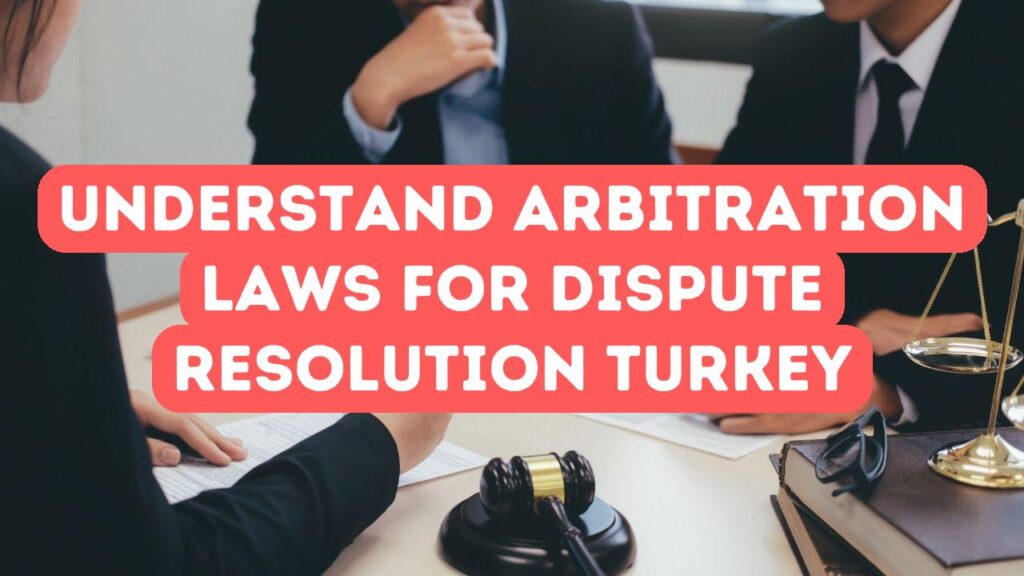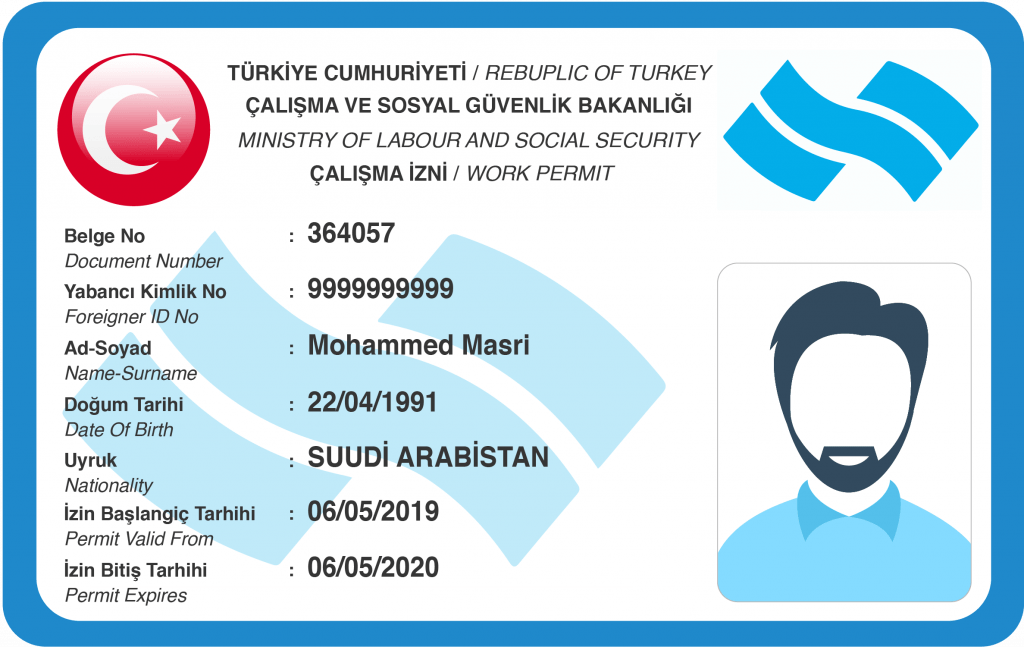Unlock the potential of efficient dispute resolution by delving into Turkish arbitration laws, a growing focal point for businesses and individuals seeking amicable solutions. In the bustling arena of international arbitration Turkey offers, understanding these laws is akin to possessing a compass in a storm. An arbitration law guide can be the lighthouse guiding you through proceedings, ensuring clarity amid complexities. But why choose arbitration over traditional court battles? It’s often quicker, and confidentiality is key. Moreover, the flexibility and finality make it a compelling choice for many. As you explore Turkish arbitration, mediation in Turkey presents itself as a valuable ally, adding another layer of negotiation before reaching the arbitral tribunal. Dispute resolution in Turkey is not just a process but an art, blending tradition with modern practices. Discover how these legal frameworks can pivot challenges into opportunities, especially in a world that values swift and decisive outcomes.
The Evolution of Arbitration Frameworks in Turkey
Turkey’s journey from traditional judicial resolutions to embracing arbitration frameworks showcases a dynamic evolution. Historically, Turkish arbitration laws have evolved alongside global trends, crafting a unique blend of customs and innovation. With the growing importance of international arbitration, Turkey has positioned itself as a pivotal player. Businesses value these frameworks for dispute resolution in Turkey because they provide efficient, less combative alternatives. This transformation wasn’t sudden; it was a gradual shift, akin to a river finding new paths to the sea. Over time, enhancements in the arbitration law guide have fortified Turkey’s reputation, making it a sought-after destination for arbitration proceedings. Mediation in Turkey has also advanced, acting as a bridge, easing tensions before formal arbitration begins. The compelling arc of evolution demonstrates how arbitration frameworks are not static; they are ever-adapting, aligning themselves with global expectations and local needs.
In recent years, Turkish arbitration laws have undergone significant transformations, driven by a need to align with international standards and address the growing demand for efficient dispute resolution. This shift has been akin to a master tailor refining a garment, ensuring both tradition and innovation are woven seamlessly together. The arbitration law guide has been instrumental, offering clarity and direction for those navigating arbitration proceedings. Turkey’s strategic enhancements have not only attracted businesses seeking dispute resolution Turkey solutions but have also bolstered its standing in the global arbitration arena. International arbitration Turkey practices have increasingly embraced flexible structures, whereas mediation in Turkey serves as an initial step that softens the ground for more formal proceedings. This synergy between mediation and arbitration truly underscores Turkey’s commitment to fostering a robust and adaptable framework that deftly handles disputes, transforming potential challenges into gateways for cooperative resolutions.
Turkish arbitration laws have carved out an influential presence, particularly evident in their recent modernization efforts. This evolution amplifies Turkey’s ability to host sophisticated international arbitration Turkey cases that follow contemporary standards. Imagine the arbitration law guide as a well-crafted road map, steering businesses through the intricate terrain of legal proceedings, offering a lifeline for those entwined in complex conflicts. Seminars and workshops proliferate, reinforcing this legal evolution while enlightening stakeholders about the nuances of Turkish arbitration laws. Mediation in Turkey integrates seamlessly into this landscape, offering early resolution opportunities that mitigate more severe confrontations. The roadmap doesn’t end with an arbitration award; it continues with strategies that enhance dispute resolution Turkey processes. This adaptability of the Turkish framework ensures it stands firm amidst changing global practices, portraying a jurisdiction that not only meets but exceeds, modern industry demands for flexibility and effectiveness in resolving disputes.
Key Principles Governing Turkish Arbitration Practices
Navigating the key principles underlying Turkish arbitration laws reveals a tapestry of efficiency and fairness. At its core, arbitration strives for swift and private dispute resolution Turkey businesses appreciate. Among the primary tenets, voluntary selection of arbitrators stands out, fostering trust in international arbitration Turkey stages. Equally significant is party autonomy, ensuring businesses can chart their own arbitration course, tailored to their needs. Confidentiality remains a hallmark, akin to a vault protecting sensitive negotiations. Meanwhile, an arbitration law guide highlights procedural flexibility—an aspect pivotal for aligning with diverse commercial realities. Such principles not only streamline the process but also enhance trust between parties. By embracing these foundational elements, Turkey positions itself as a hub for effective and equitable resolutions, where mediation steps, as seen in mediation in Turkey, complement the arbitration journey, offering a harmonious path to disagreement resolution.
When examining the fabric of Turkish arbitration laws, it’s evident that enforceability and neutrality are crucial threads woven into its structure. The enforceability of arbitral awards within Turkey ensures resolutions have teeth, holding parties accountable just as court judgments do. Neutrality, meanwhile, assures international arbitration Turkey participants that biases are minimized, setting the stage for impartial verdicts. An arbitration law guide often emphasizes the importance of this aspect, noting how it cultivates a fertile ground for cross-border collaborations. The integration of mediation in Turkey into the arbitration process provides a preliminary checkpoint, often smoothing the path before arbitration formally begins. Furthermore, the legal clarity in these proceedings reduces friction, making dispute resolution Turkey an attractive proposition for both local and international entities. With these principles in place, Turkish arbitration laws don’t just resolve conflicts—they build bridges between diverse legal cultures, turning disputes into dialogues.
In the canvas of Turkish arbitration, one cannot overlook the pivotal role of adaptability and expertise in fostering effective dispute resolution Turkey welcomes. The adaptability of these laws allows businesses to seamlessly integrate international arbitration Turkey processes with local nuances, driving more tailored outcomes. Moreover, the expertise required in selecting arbitrators is paramount, ensuring decisions are guided by informed perspectives rather than arbitrary choices. As noted in any thorough arbitration law guide, the presence of skilled arbitrators can significantly impact the course and resolution of a dispute. Additionally, the strategic incorporation of mediation in Turkey acts as a primer, readying parties for a more informed and empathetic arbitration process. This approach refines the arbitration landscape, creating an ecosystem where disputes transform into dialogues, offering a reservoir of solutions. Such elements, woven into the fabric of Turkish arbitration laws, amplify its appeal as a sophisticated mechanism for resolving conflicts efficiently and effectively.
Navigating International Standards within Turkish Dispute Resolution
Understanding Turkish arbitration laws forms a crucial part of navigating international standards in dispute resolution Turkey offers. Turkish arbitration laws adhere to comprehensive global standards, ensuring a streamlined process well-suited for international arbitration Turkey stands out in. These laws serve as a universal language, bridging diverse legal systems and providing a dependable arbitration law guide to users worldwide. With Turkish arbitration, parties find themselves in a neutral setting, fostering fair play and enhancing trust between disputing entities. Mediation in Turkey further supports this framework by offering an initial pathway to negotiations, allowing for potential resolutions before escalating to an arbitral tribunal. Adopting these internationally recognized standards not only brings clarity but also instills confidence, making the journey through Turkish dispute resolution more efficient. This approach transforms legal challenges into manageable tasks, offering a clear route through complex scenarios, much like a well-charted map in the realm of international law.
Experts often see Turkish arbitration laws as a bridge that connects the local and international stages in dispute resolution Turkey champions. By aligning closely with esteemed international frameworks, these laws act as a sturdy ladder to climb the complexities of multinational disputes. Turkish arbitration laws effortlessly harmonize Eastern traditions with Western innovations, which is pivotal in international arbitration Turkey hosts. This rich blend ensures each arbitration law guide is both globally fluent and locally knowledgeable. Mediation in Turkey complements this by serving as a precursor to arbitration, offering an alternative angle to defuse tensions. With a strong legal backbone, these laws support a fluid transition from negotiation to resolution, cementing their place on the global platform. For those well-versed in this system, these laws become more than regulations—they’re a toolkit for navigating disputes with precision and insight, offering a steadfast bridge over turbulent legal waters.
Navigating the international standards within Turkish dispute resolution reveals a harmonious blend of global practices and local insights. Turkish arbitration laws are crafted with precision, ensuring they resonate with the diverse spectrum of international arbitration Turkey witnesses. They are pivotal in creating pathways that echo the nuances of a globally-connected community. Utilizing an arbitration law guide in this context provides essential clarity, smoothing the path for multiple parties involved. The seamless integration of mediation in Turkey enhances this journey by setting the stage for constructive dialogues, helping parties arrive at mutual agreements before formal arbitration ensues. This layered approach not only simplifies dispute resolution Turkey champions but also exemplifies a sophisticated model that others may aspire to replicate. It’s like crafting a symphony—each component, whether Turkish arbitration laws or mediation practices, plays a unique role in orchestrating a harmonious resolution, setting a benchmark in the realm of international legal practices.






